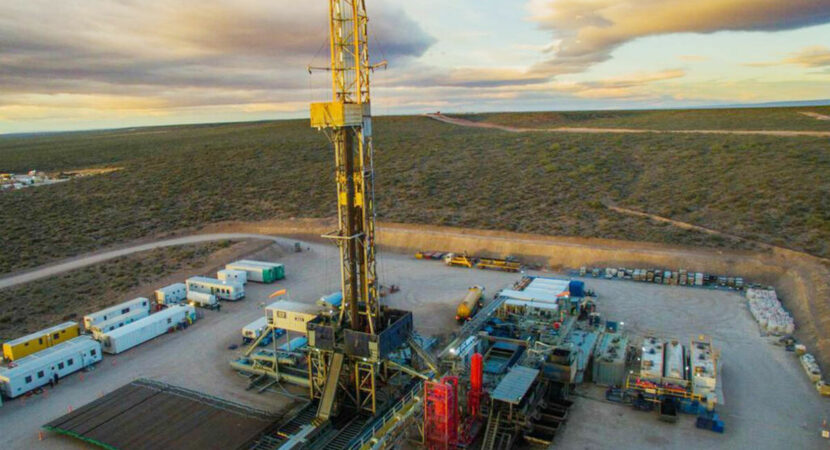
The fact is that the exploration of shale gas (the type of input from Argentina) is not regulated here in Brazil and has even been the subject of judicial decisions in Bahia and also in Paraná that suspended its exploration activities for through revenue from areas auctioned by the ANP (National Agency for Petroleum, Natural Gas and Biofuels).
In July 2019, the government of Paraná made a statement prohibiting the use of this technique by the State. This shale gas is heavily exploited in areas of the United States and has even been a source of cheap energy in recent decades to boost US economic growth.
However, there are still many concerns about the effect this has on the environment. The Yale School of Public Health, a university located in the United States, made a publication in March 2022 saying that “fracking” being used “extensively has raised concerns about the impact on the environment and people's health”.
“The process requires a large volume of water, emits gases that cause the greenhouse effect, such as methane, releases toxic air into the atmosphere and produces noise. Studies indicate that this type of operation to extract oil and gas can lead to loss of plant and animal habitats, species decline, migratory disruptions and land degradation. Studies have also shown an association between shale oil and gas extraction sites with unsuccessful pregnancies, cancer incidence, hospitalization and asthma episodes,” says the text from Yale University.
For the founder and director of the Brazilian Infrastructure Center (CBIE), Adriano Pires, financing the project is still risky for the bank, in addition to environmental issues. “Unfortunately, Argentina and Latin America as a whole have great political and regulatory instability. We don't know what Argentina will be like in 12 months' time,” he declared.
Poder360 asked the finance minister if it would make any sense to finance a gas pipeline in Argentina and not in Brazil, which already has plenty of natural gas in the pre-salt layer and which is reinjected into the wells, because there are not enough transport pipelines in Brazilian territories. Haddad's response was as follows:
“When you are going to explore for gas, whether in Brazil or abroad, if the final destination is Brazil, as in the cases mentioned both in the pre-salt layer and in Vaca Muerta, if the destination is Brazil, we will buy the gas. And this gas is the guarantee of the investment itself. So, when funding comes, it can even be external, it can eventually be from BNDES, because everything is dollarized. These projects hold up. It is different from a PPP, which has to come with public money. In this case, the financing can be Brazilian and it can be from an international agency, whose asset is a dollarized commodity. It changes the picture a lot,” he explained.
However, Haddad did not explain why Brazil should not expand the gas pipeline network internally.
“It is a work that will supply Brazil. And this is completely different from financing work in another country. Financing a road in an African country, financing a port in a Central American country and financing a project that will supply gas to Brazil instead of Bolivia, is completely different. And there will be the system of guarantees, ”she explained.

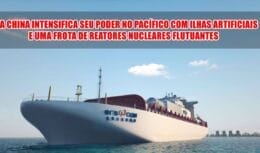

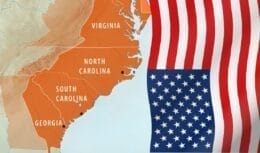
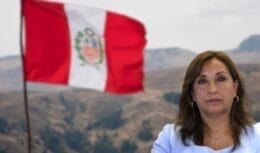



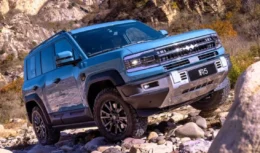

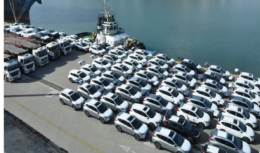


Air Force F-16 fighters…
True friend, what they shot down were…
Air Force F-16 fighters…
I would like to know what planet you live on…
Air Force F-16 fighters…
Well... It's flying scrap... Typical...
They discover the third largest deposit…
That’s why all foreigners and NGOs…
Air Force F-16 fighters…
Which genocide are you talking about? Than…
I think that if you consider that a country…
Great, once again we’ll stay for…
Certainly Brazil. We don't need weapons...
Wow!!! Great!!!
Good morning, I consider it the best engine for…
There's an error there. It is 105 km…
I'm interested in Raise
Good morning! Learning a new language, especially…